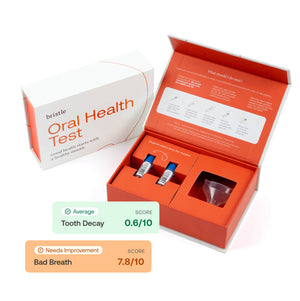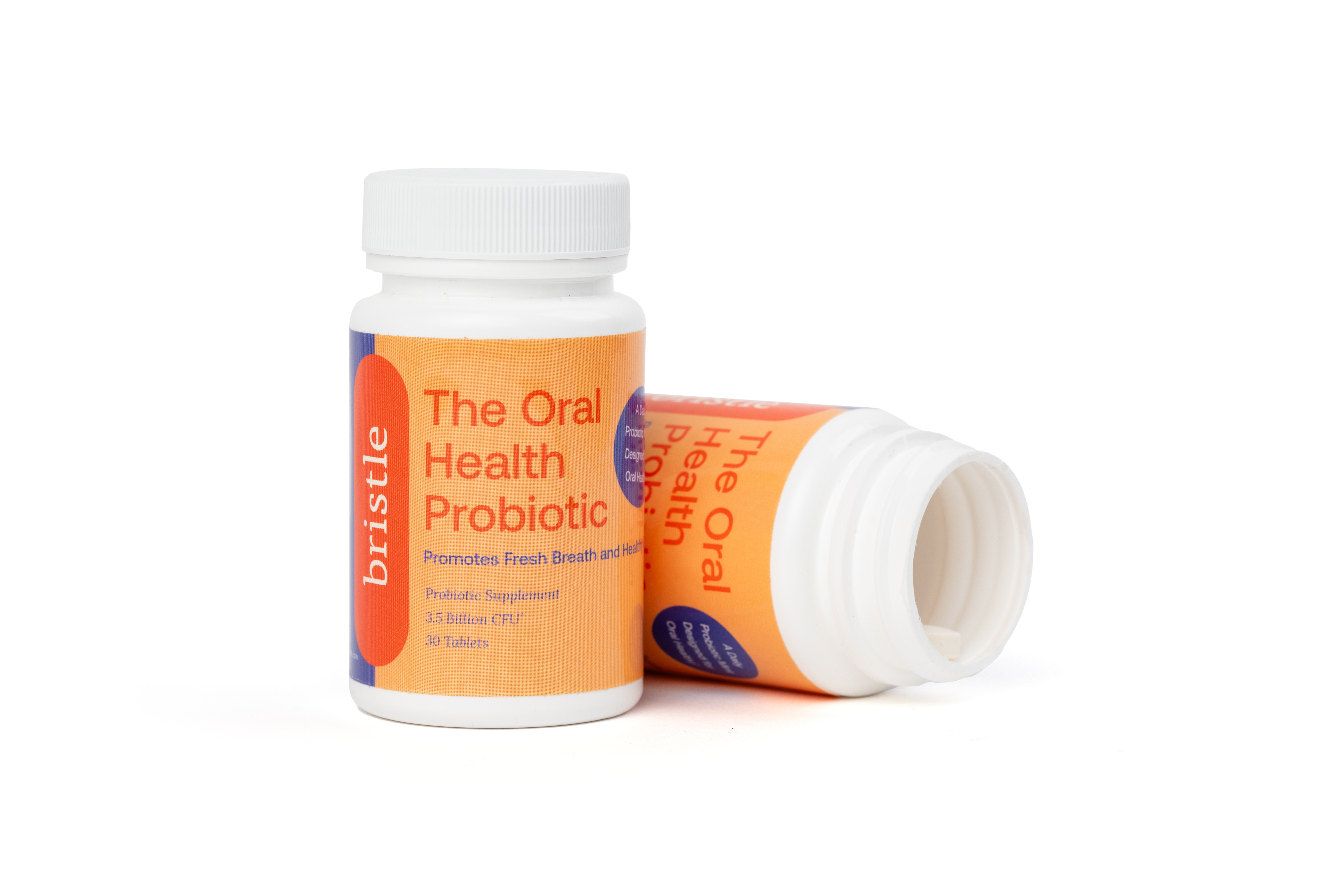Did you know that diabetes can impact oral health? And that oral health may impact your diabetes? Keeping your mouth healthy and happy is one way to help keep yourself healthy, and if you have type 2 diabetes, this is especially important.
Learn more about how type 2 diabetes can impact your oral health and how you can better care for yourself.
Gum Disease
Gum disease, also known as periodontitis or gingivitis, causes inflammation in your gums, swelling, and in extreme cases can cause loss of tissue and bone around teeth. While gum disease is common for much of the population, research has shown that gum disease is even more prevalent for those with type 2 diabetes.[1] Patients with diabetes are also more likely to have severe gum disease, which in turn can worsen diabetic status. On the flip side, proper treatment for gum disease can improve metabolic control (see more below!), making it a bidirectional relationship [2].
Caring for your gums and preventing disease
The great news is proper oral care can go a long way in preventing gum disease! The main preventative tips are simply brushing and flossing twice a day and going to the dentist regularly for cleanings. You’ll also want to watch out for any warning signs like
In addition to traditional oral care, research has found that electronic toothbrushes, mouthwash, and other technology can help you protect your gums. [4]
Metabolic control
As you may know, metabolic control is a key part of effective diabetes treatment. Without it, patients are less healthy and at greater risk of complications. For individuals with type 2 diabetes and chronic gum disease, research shows that specific oral health surgeries like scaling and root planning can improve glycemic control. [5] While another study shows that even non-surgical gum disease treatment can improve control as well. [6]
Want to learn more?
If you are curious about metabolic control, your oral health and treatment options for periodontitis, chat with your dentist. Together, you can come up with a treatment plan that works for you.
Oral Lesions
Unfortunately, type 2 diabetes also has been found to be linked to other oral health conditions like lesions. Lesions are any type of ulcer in the mouth—and these little buggers are uncomfortable and painful.
Similar to periodontitis this oral health issue is shown to be more prevalent for those with type 2 diabetes. Scientists don’t know exactly why this is the case, but they do see the prevalence among diabetic populations.
Preventing oral lesions
If you are frequently getting oral lesions, you may want to talk to your dentist to figure out what is going on. They will give you advice, some of which may include prevention tips like—
General oral health access
Although diabetes affects your oral health and risk of specific oral health diseases, scientists also have come to believe that those with type 2 diabetes may increase their risk just because of the general lack of knowledge, access to oral care, and health disparity. Scientists hope to increase research on access to care to better understand the relationship between diabetes and oral health.
Key Takeaway—take care of your mouth
Taking care of your mouth and asking doctors and dentists to explain your health risks can help you better care for yourself. While yes, type 2 diabetes may put you at greater risk of oral health disease, it’s also manageable with the proper oral health care.
Looking to dive deeper into your oral health? Check out our oral health test. We analyze your saliva to detect the levels of good and bad bacteria in your mouth, then give you product, diet, and lifestyle recommendations to improve your health.
Sources






